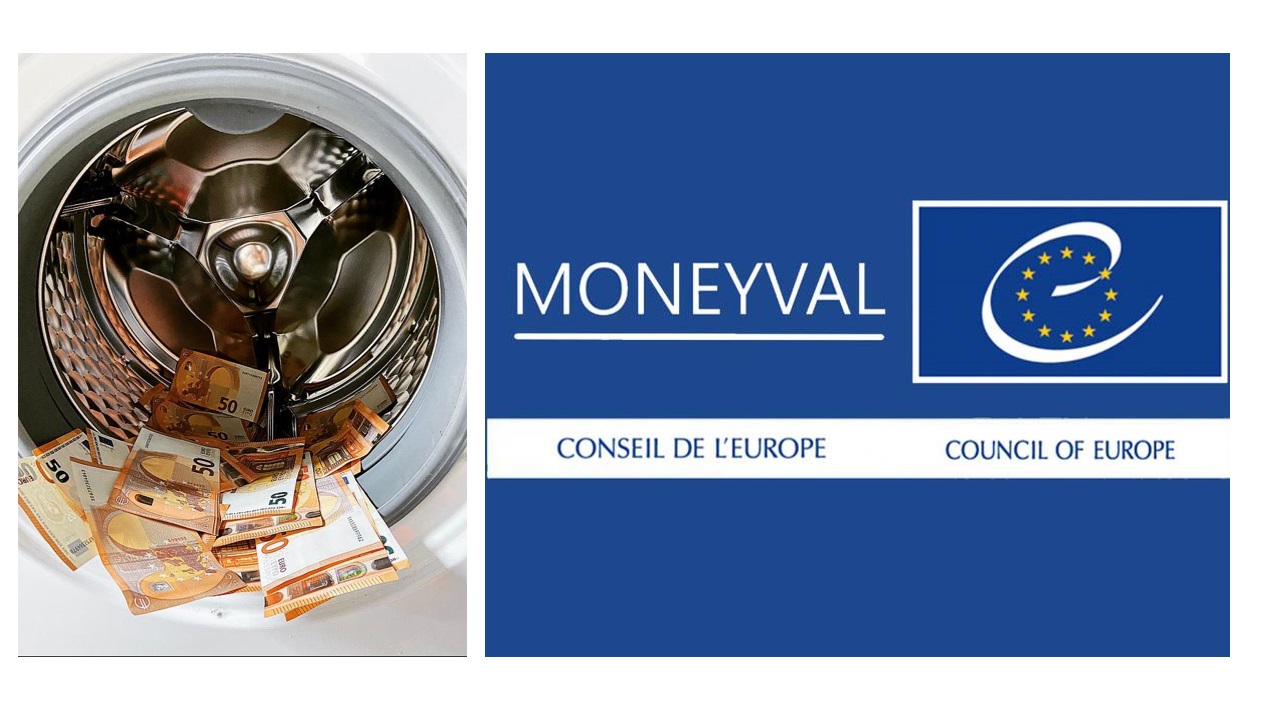By AML Intelligence Correspondents
SWEDEN’s central bank said today (Thursday) the digitalisation of payments has brought issues with fraud and exclusion of some groups, and legislation is needed to ensure also cash can be used to pay.
The Riksbank said in an annual report on the retail payments system that measures are needed to make payments safer and more accessible.
“Public and private actors must work together to ensure that everyone in society can pay and contribute to the functioning of the payment system in the event of disruptions, in peacetime crisis situations and in states of heightened alert,” it said.
“We need legislation to ensure that cash can be used to pay. Banks must also ensure that more customers have access to payment accounts,” it said.
Experts fear the planned digital euro currency will leave consumers and businesses wide open to being scammed by cybercriminals.
Meanwhile, a survey of compliance specialists in the financial services sector found that seven out of 10 fear the digital euro will lead to more scams and technical glitches. There were also worries that an electronic currency will diminish the role of cash.
A majority of the officers polled by the Compliance Institute in Ireland do not believe there is a need for the digital euro.
The survey examined attitudes towards the digital euro, which has been described by the European Central Bank (ECB) “as an electronic form of cash for the digitalised world”.
Privacy concerns around the currency also rank highly on the list of worries. More than half of respondents are concerned there could be issues around data protection if the digital euro is introduced.
However, around half of the respondents accepted that the new digital currency may bring benefits such as lower banking costs and lead to greater convenience and efficiencies in transactions.
Chief executive of the Compliance Institute Michael Kavanagh said: “Just 6pc of respondents said they have no concerns about the digital euro – which means that the remaining 94pc feel some level of unease about the planned new currency.
“It would seem that the ECB has much work to do to allay fears around it ahead of any launch.”











